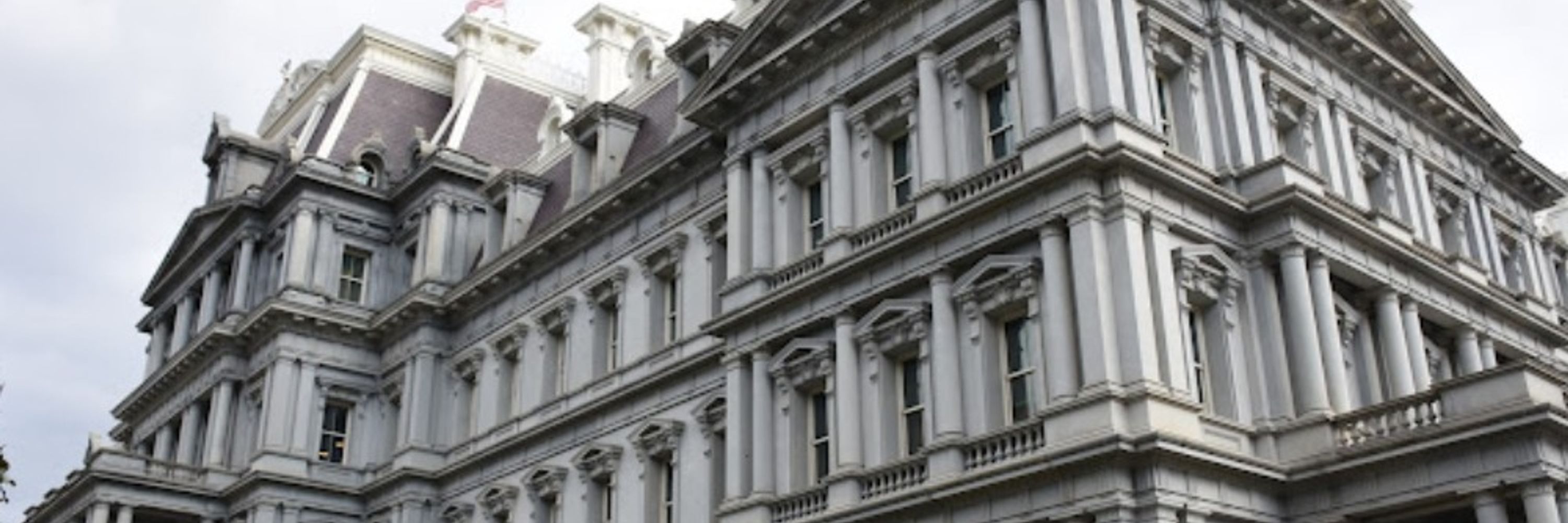
Opinions are my own; Not UMN.

"We often talk about the political machinations of President Nixon, and I am a severe critic of those machinations and of that President. We also talk about Mr. Carter not being that sort of man, and we sort of skip over the problem of his successor." 6/12
"We often talk about the political machinations of President Nixon, and I am a severe critic of those machinations and of that President. We also talk about Mr. Carter not being that sort of man, and we sort of skip over the problem of his successor." 6/12

